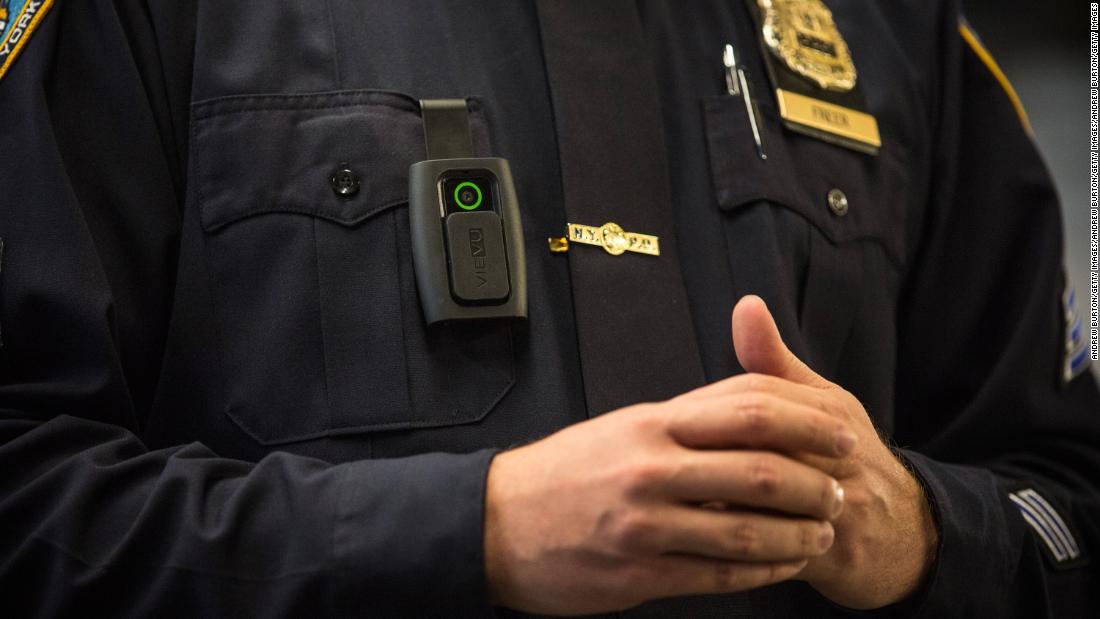
The NYPD will make body camera footage publicly available after New York's police union, the Police Benevolent Association, had sought to block its release, claiming it violated an officer's right to confidentiality. The union, which represents more than 20,000 NYPD members, argued body camera footage should be classified as a personnel record, the confidentiality of which is protected under state law, according to the ruling.
The appeals panel disagreed, deciding that body camera footage is not a personnel record. The decision said that, "to hold otherwise would defeat the purpose of the body-worn-camera program to promote increased transparency and public accountability."
As of January 2019, all but five NYPD precincts are outfitted with body cameras after a city wide effort began in April 2017, according to the NYPD's website. The footage was previously available to the public only by request under the Freedom of Information Act. In October 2018, almost 3,000 of the department's cameras were suspended after one exploded while being worn by an officer on Staten Island.
The decision is a step forward for advocates for transparency in police activity across the country.
The drive for publicly available body cam footage largely stems from issues around police behavior and brutality, including incidents such as shootings of unarmed citizens.
"It is body cam footage that makes it possible for the public to understand what's actually happened, particularly with shootings," New York Civil Liberties Union legal director Chris Dunn told CNN Tuesday.
Dunn said that most police departments around the country are now adopting body cameras but that the union's lawsuit posed a risk of undermining that move.
"The NYPD is far and away the biggest and most influential police force in the country," Dunn said, adding that New York has more than 20,000 police officers, while the country's next biggest force, Chicago, has 12,000.
"It's extremely important nationally," Dunn said, "and should send a signal to advocates around the country that they can fight off police union efforts to keep body cam secrets."
Police Commissioner James P. O'Neill also praised the decision in a statement, saying, "This ruling is an important step forward for transparency, and affirms what the NYPD believes -- not only is the public entitled to this information, but this footage overwhelmingly shows just how brave, skilled and dedicated our cops are every single day in service of the people of New York City."
However, some police experts argue the decision will inhibit police officers' freedom to act without fear of being judged by the public.
"Everybody pulls up a chair and eats popcorn and critiques you," said Eugene O'Donnell, a professor at John Jay College of Criminal Justice and former NYPD officer.
O'Donnell told CNN the decision is part of a trend undermining the independence of police to act according to their own needs on the streets. He said it is likely to make police increasingly risk averse in their actions on the job.
"The clamor for more transparency is a problem," O'Donnell said.
Police Benevolent Association President Patrick J. Lynch said the decision could have a negative impact on the safety of officers. The union is reviewing the decision and considering options for appeal.
"We believe that the court's decision is wrong, that it will have a negative impact on public safety and on the safety of our members," Lynch said in a statement.
Correction: This story has been updated with the correct number of police officers in the NYPD.
No comments:
Post a Comment